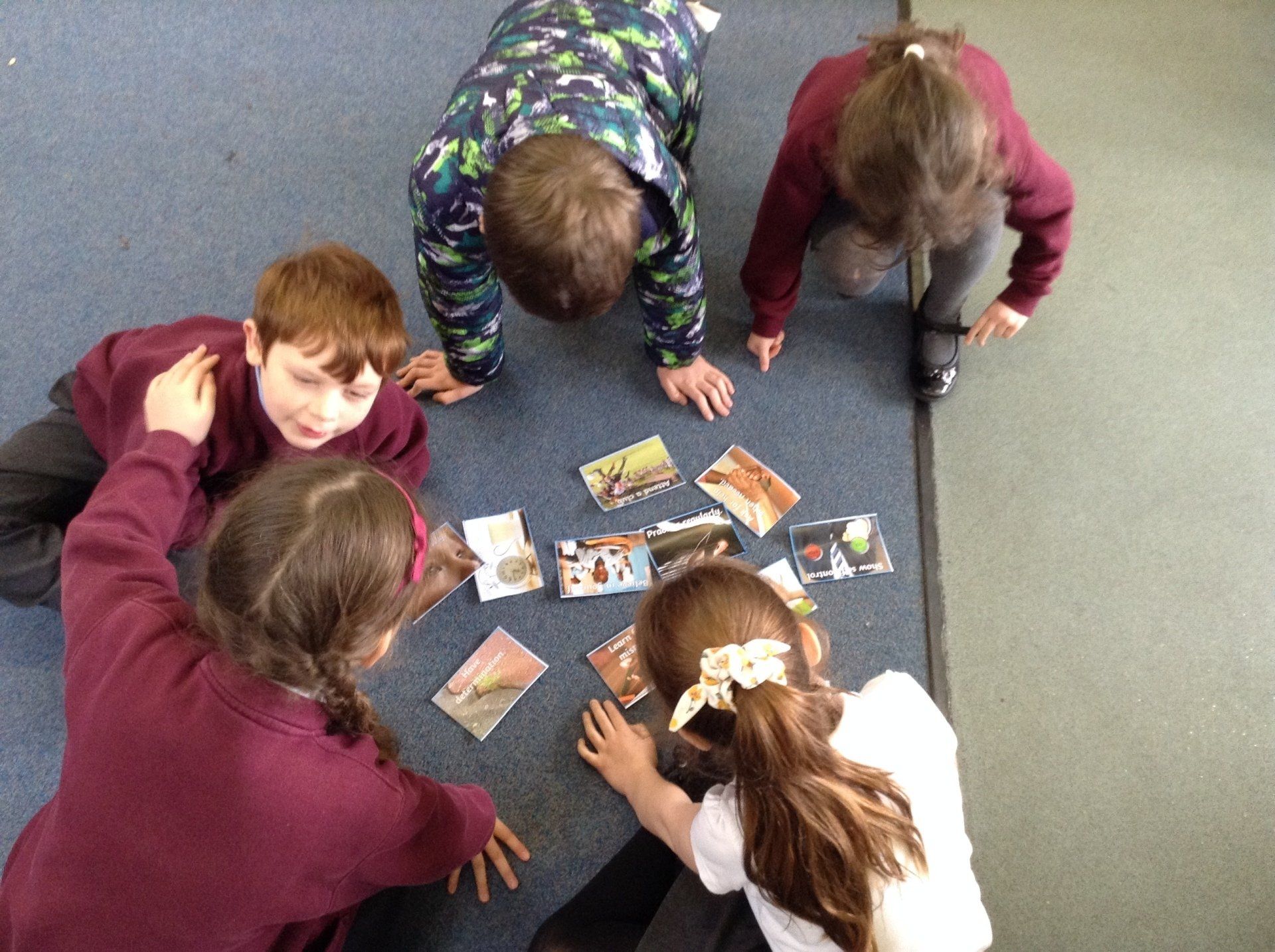
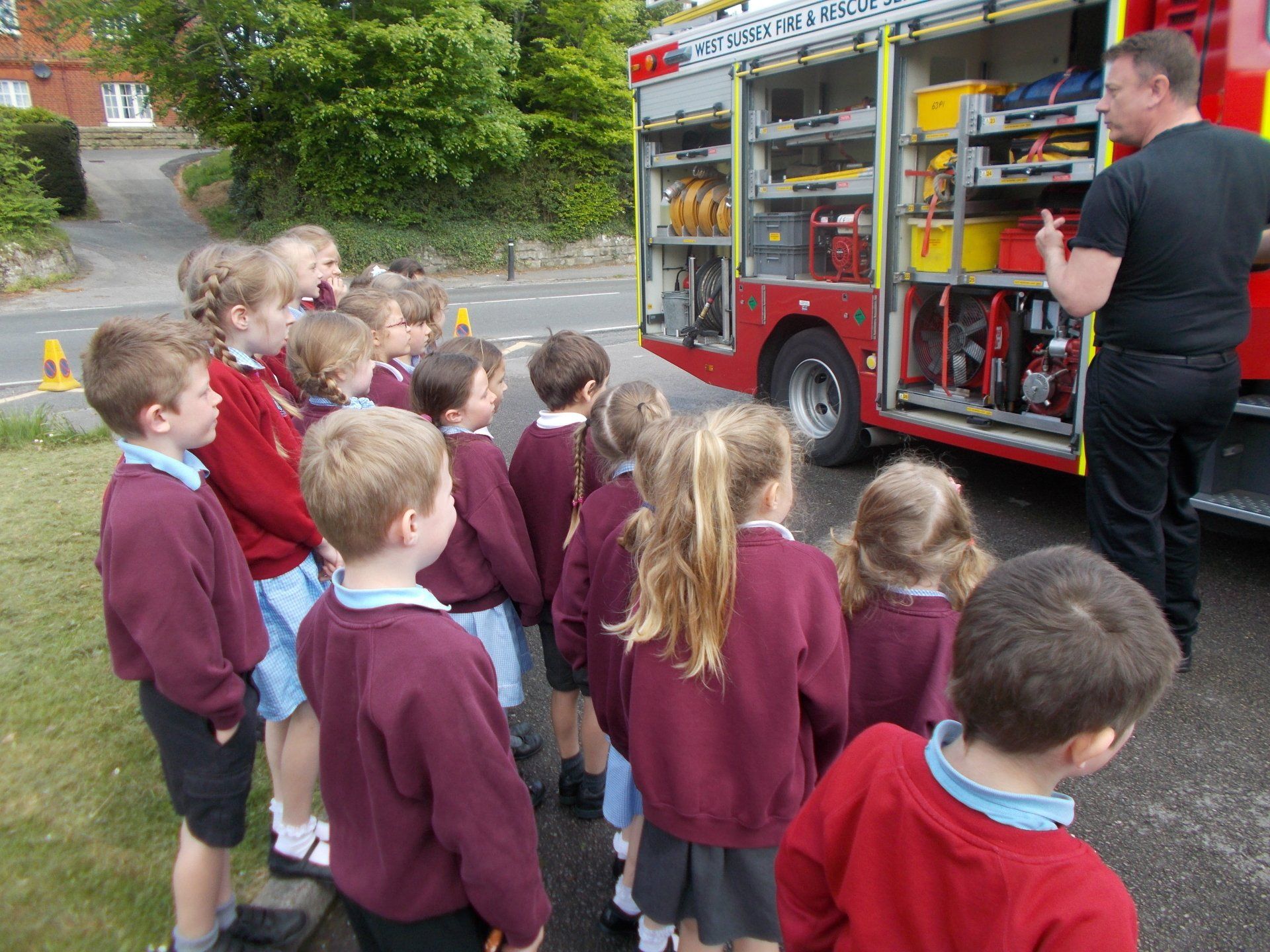
Slide title
PSHE and RSHE
Button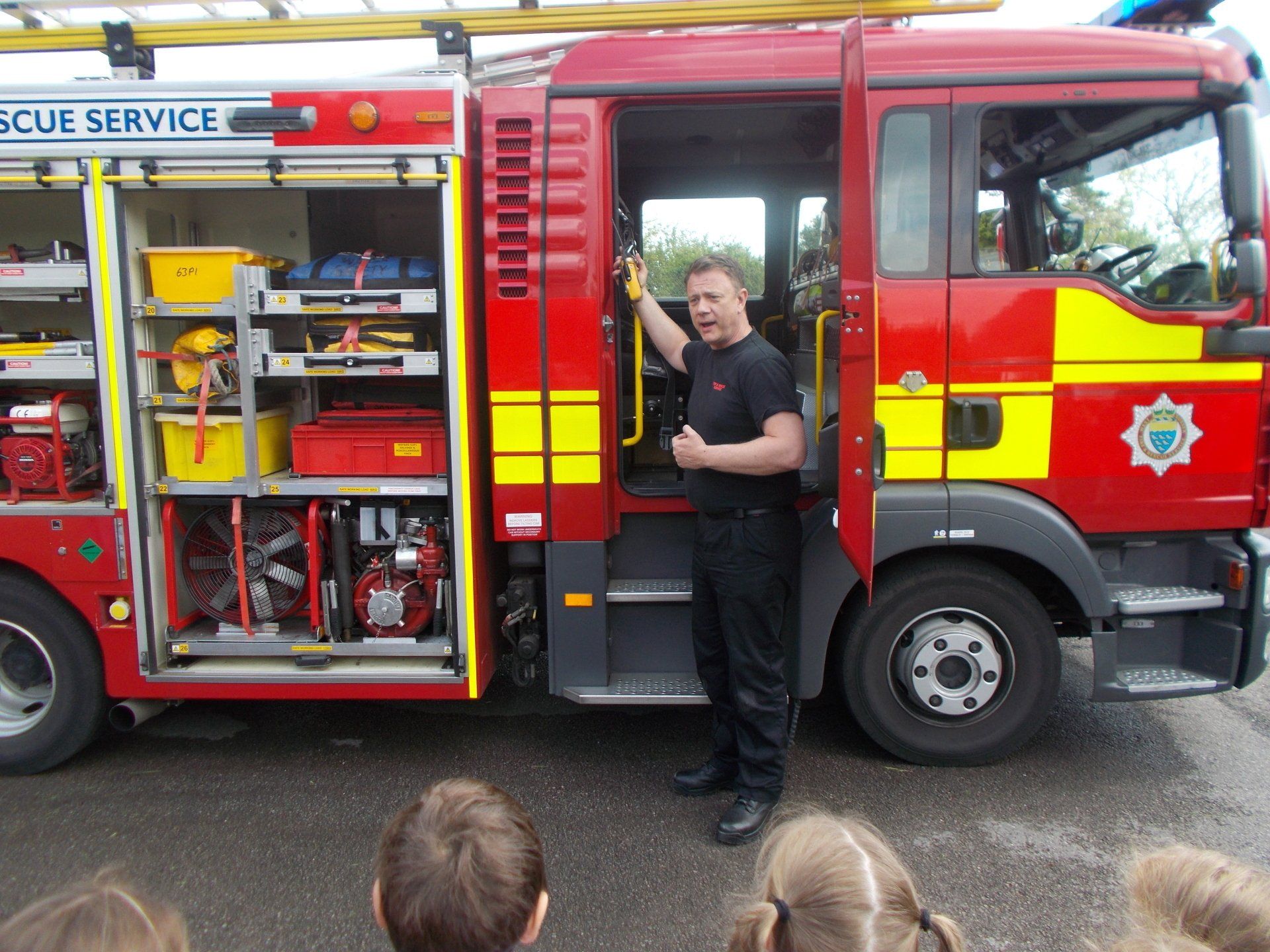
Slide title
PSHE and RSHE
Button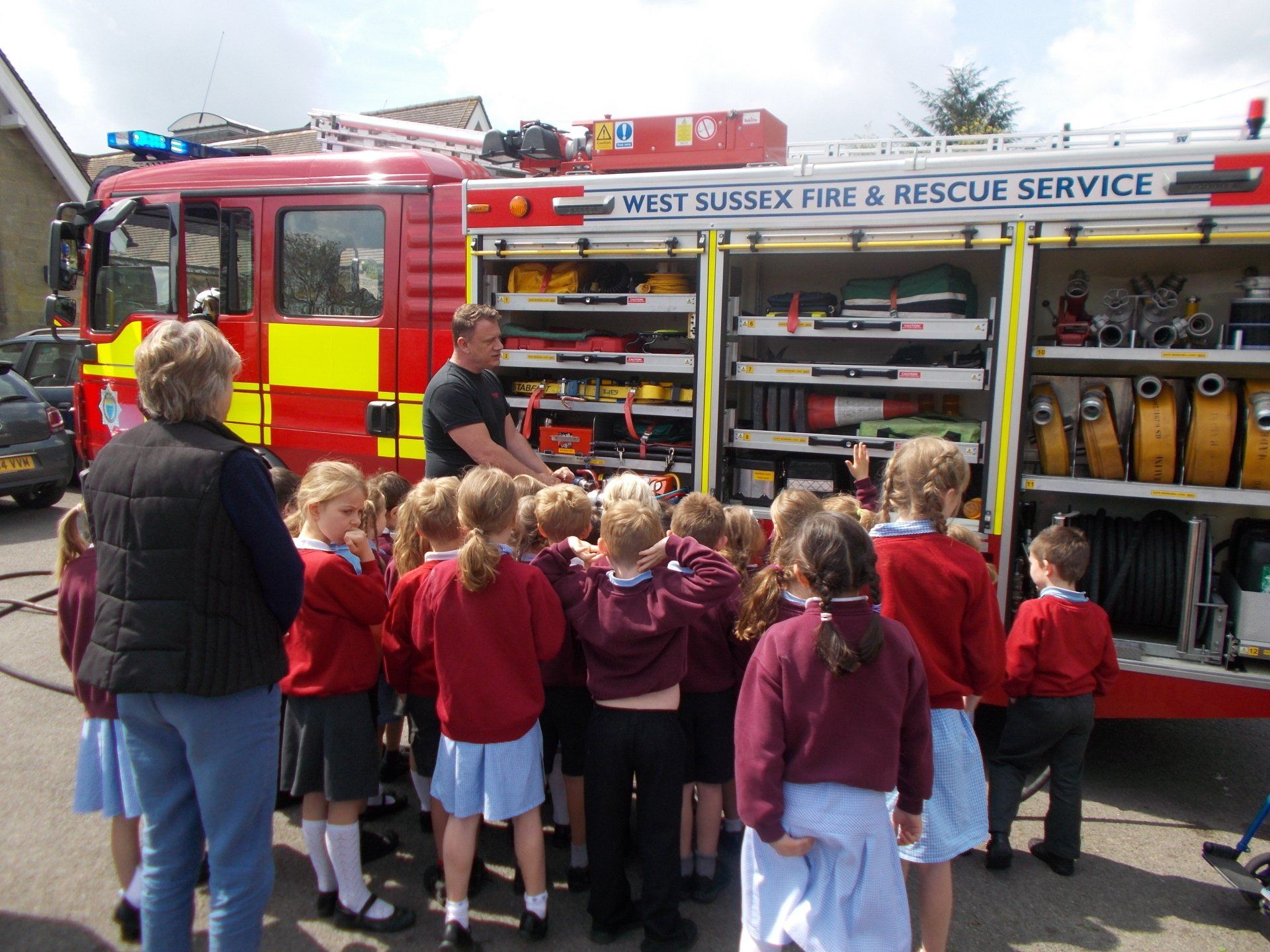
Slide title
PSHE and RSHE
Button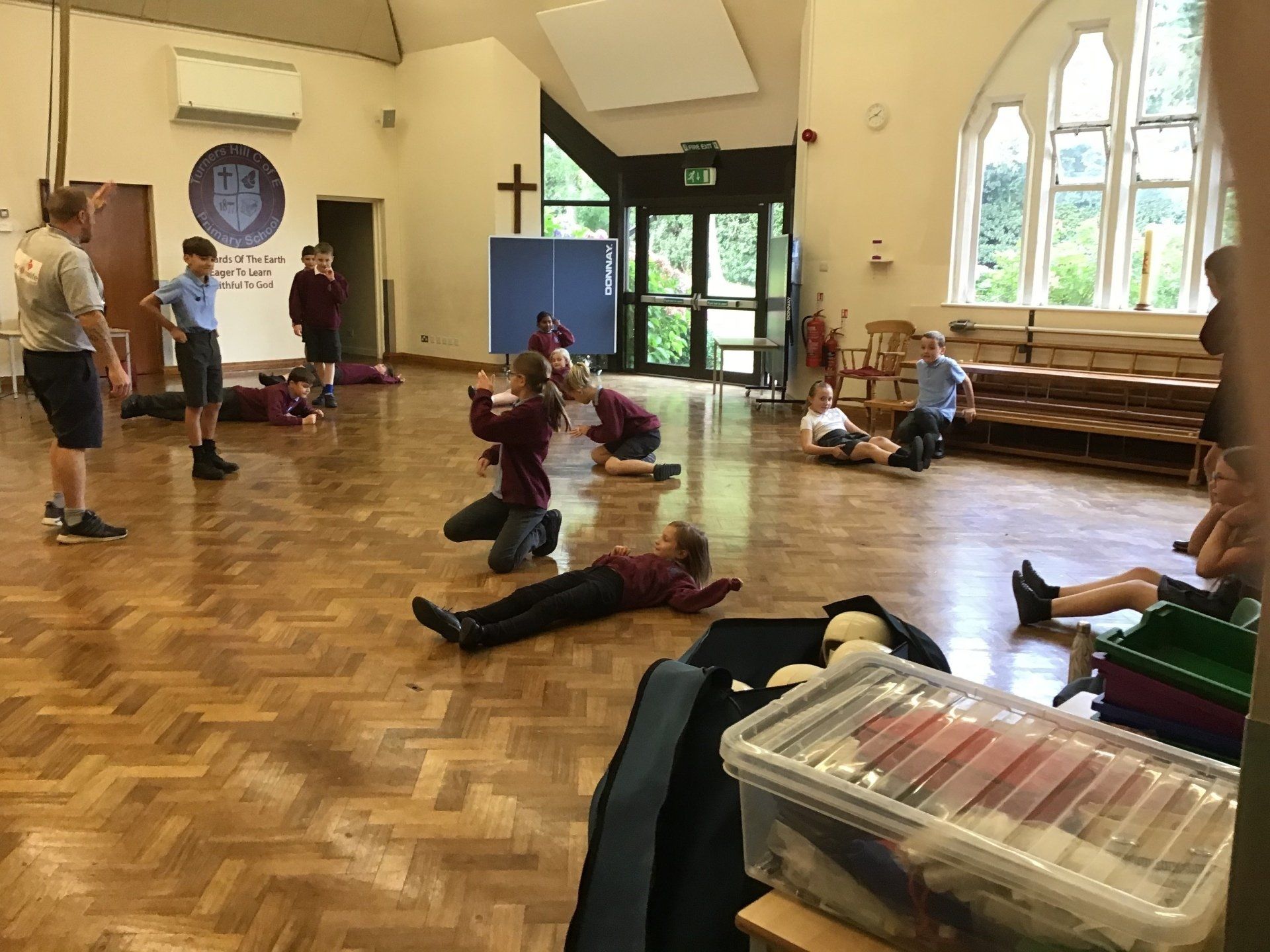
Slide title
PSHE and RSHE
Button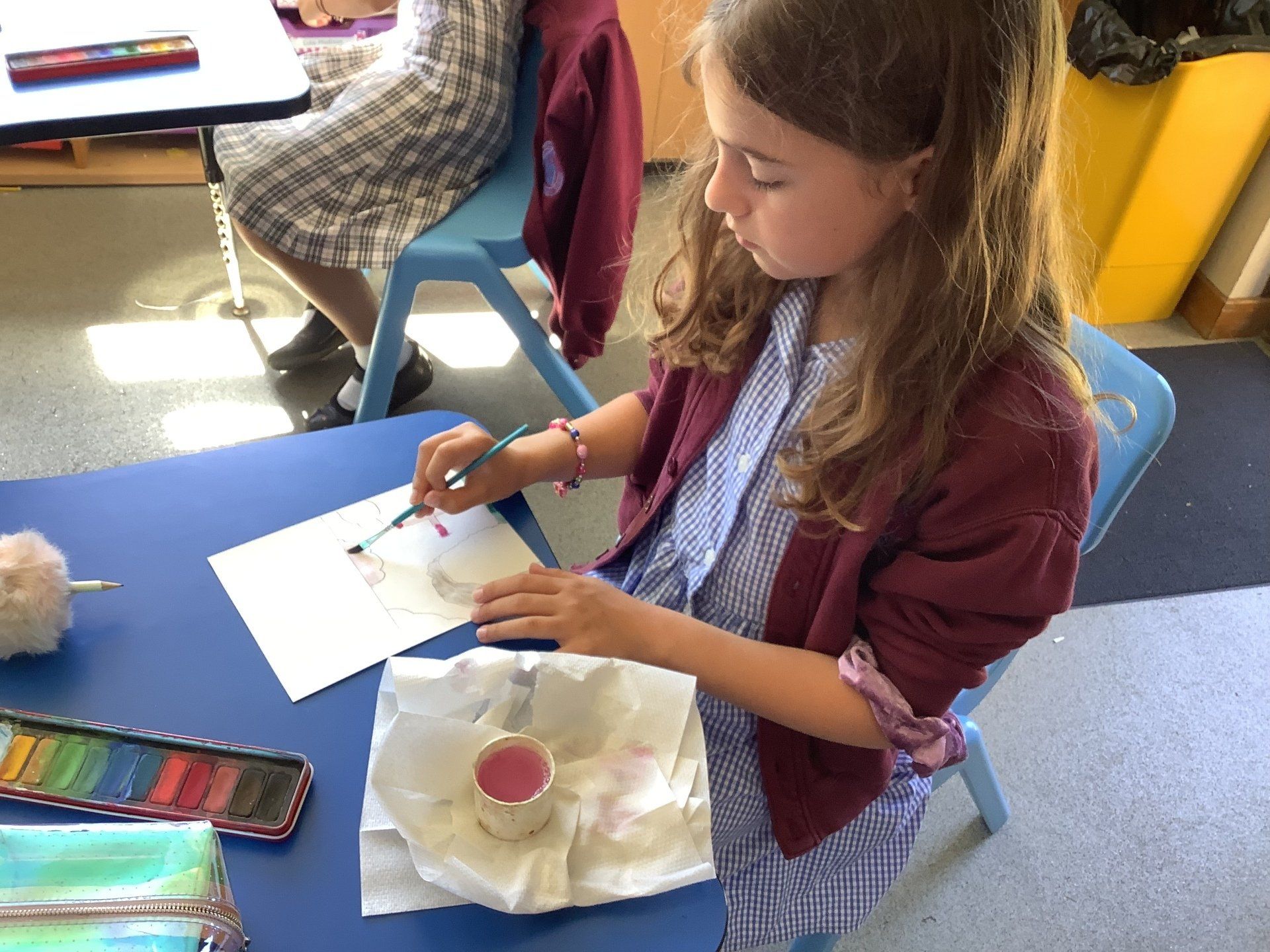
Slide title
PSHE and RSHE
ButtonSlide title
Write your caption hereButton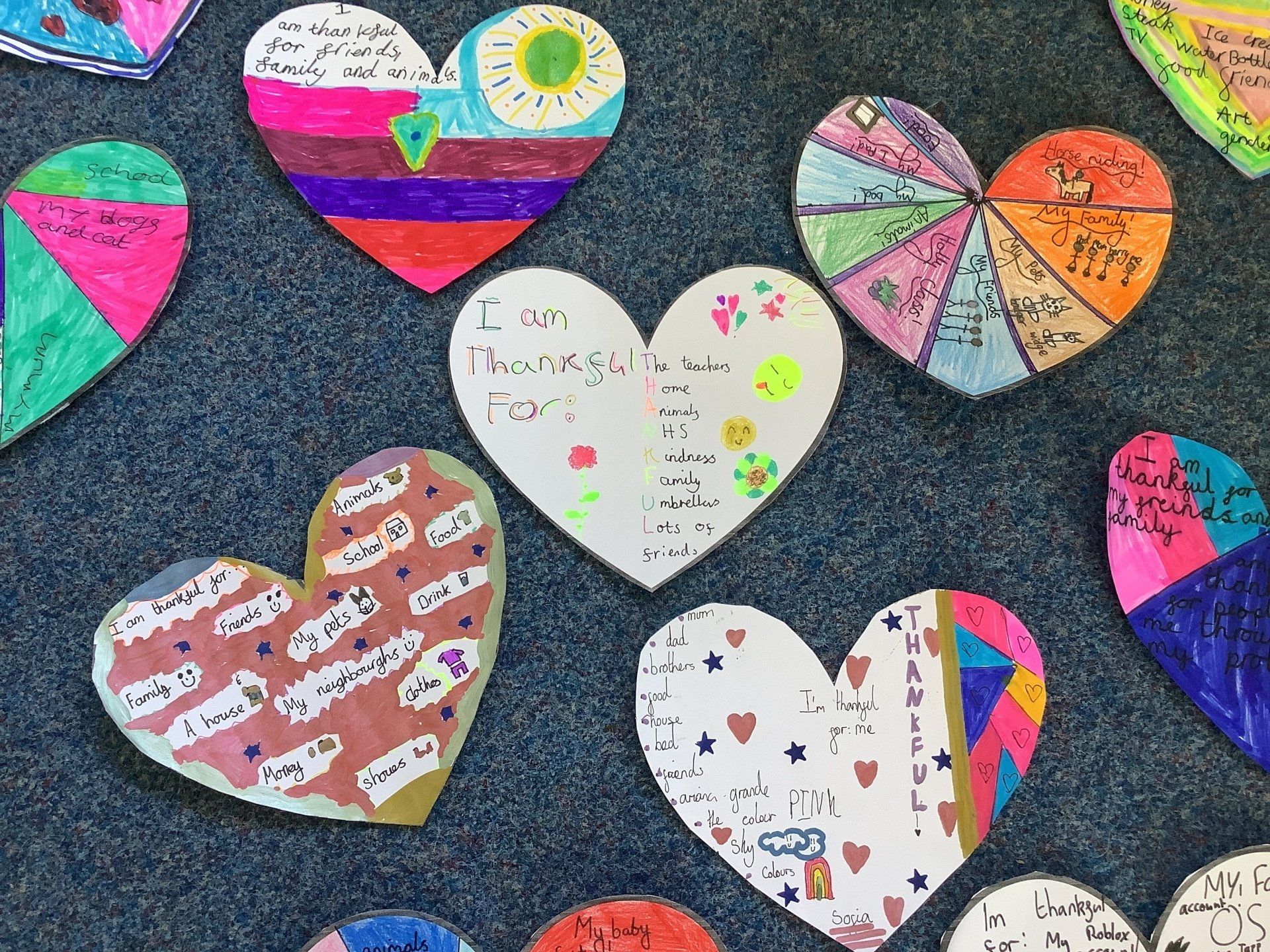
Slide title
PSHE and RSHE
Button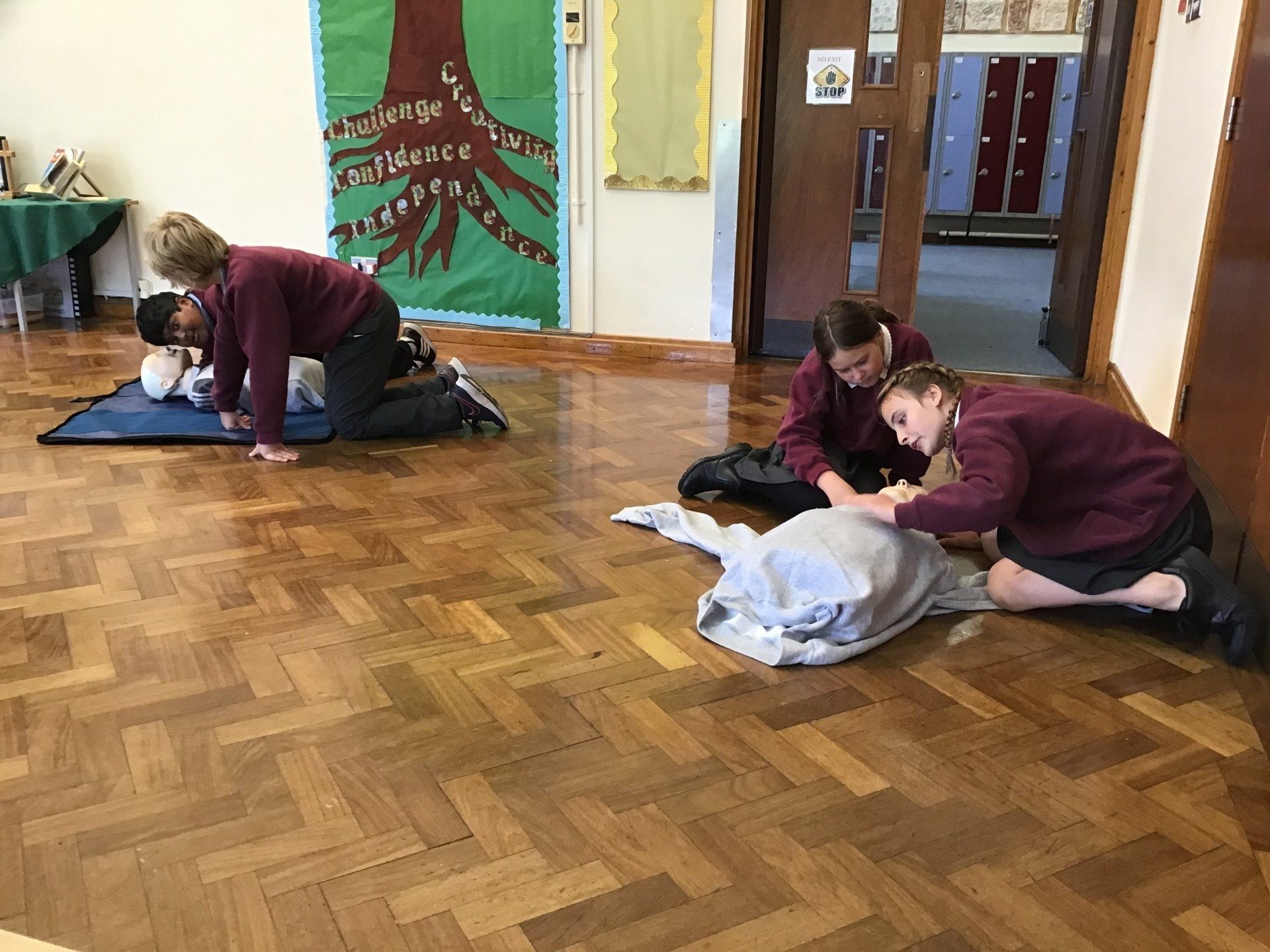
Slide title
PSHE and RSHE
Button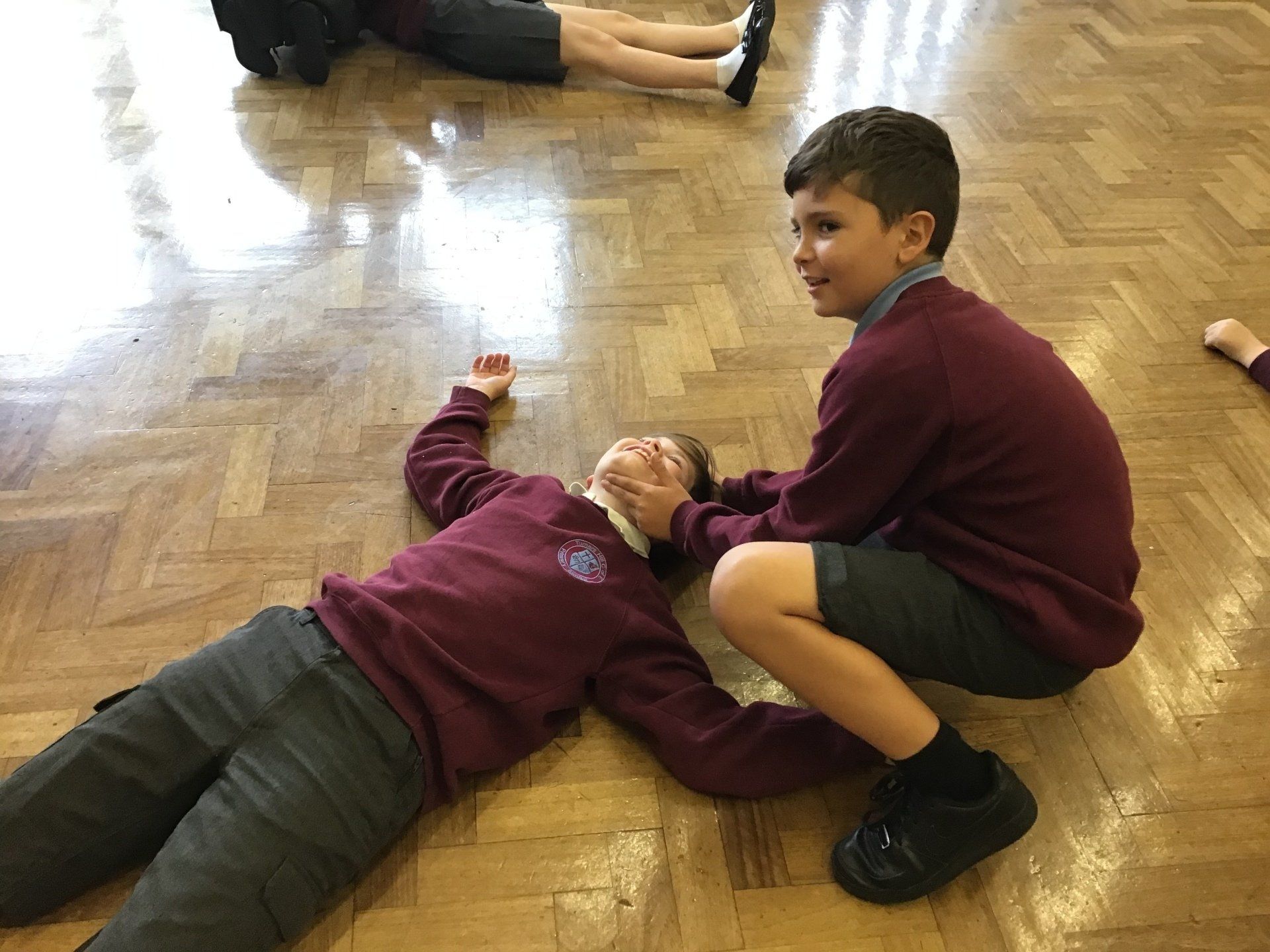
Slide title
PSHE and RSHE
Button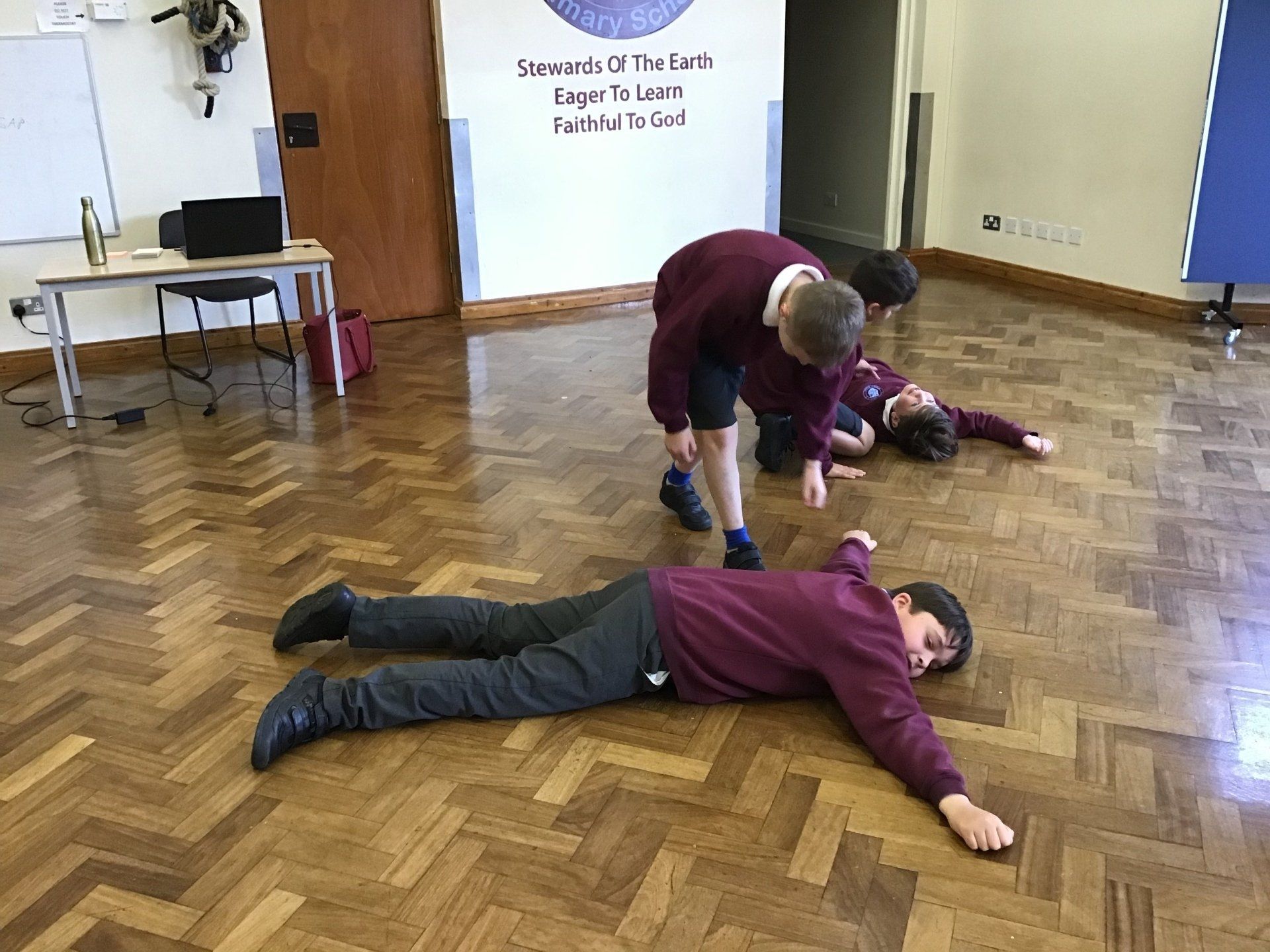
Slide title
PSHE and RSHE
Button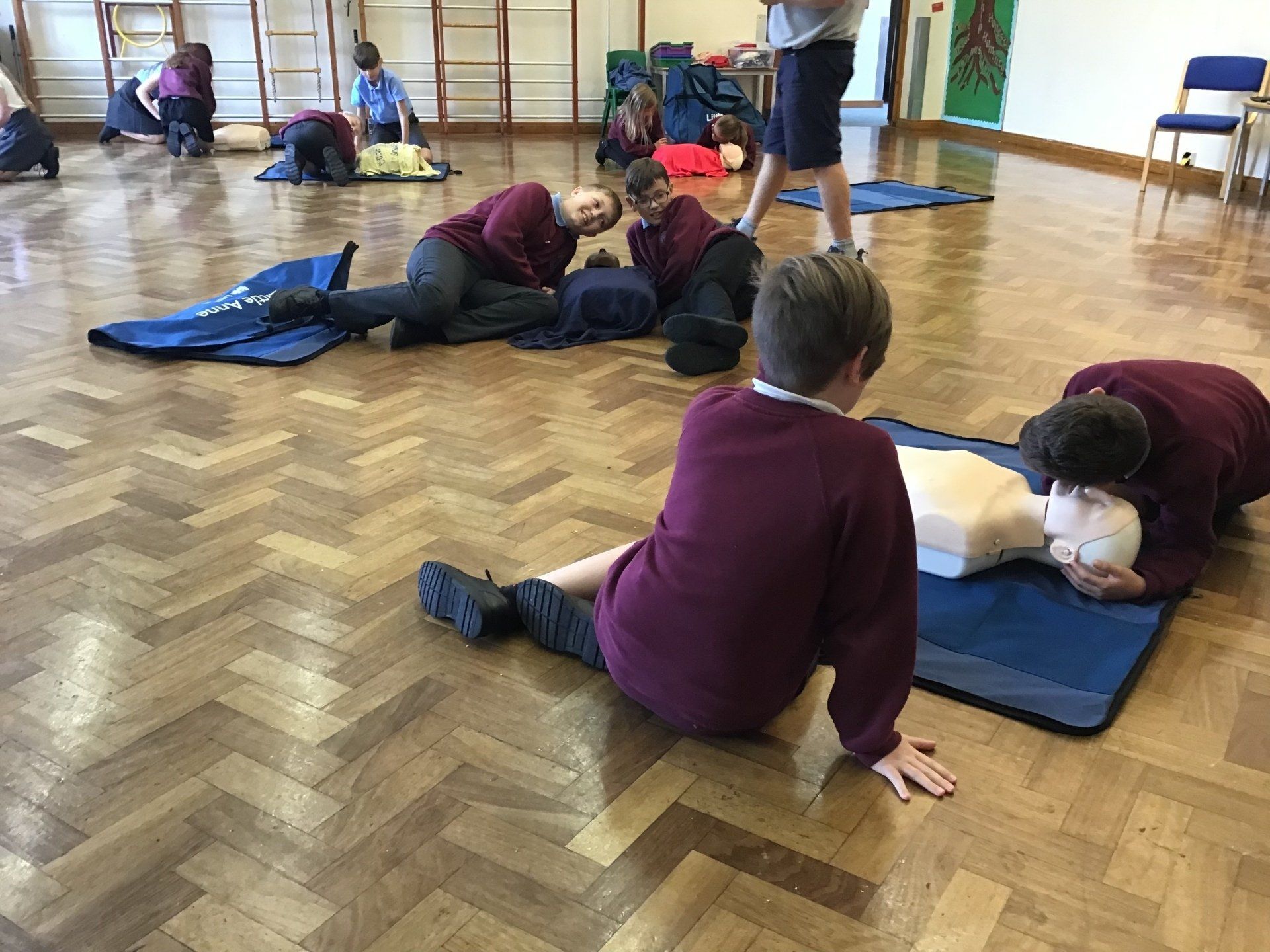
Slide title
PSHE and RSHE
Button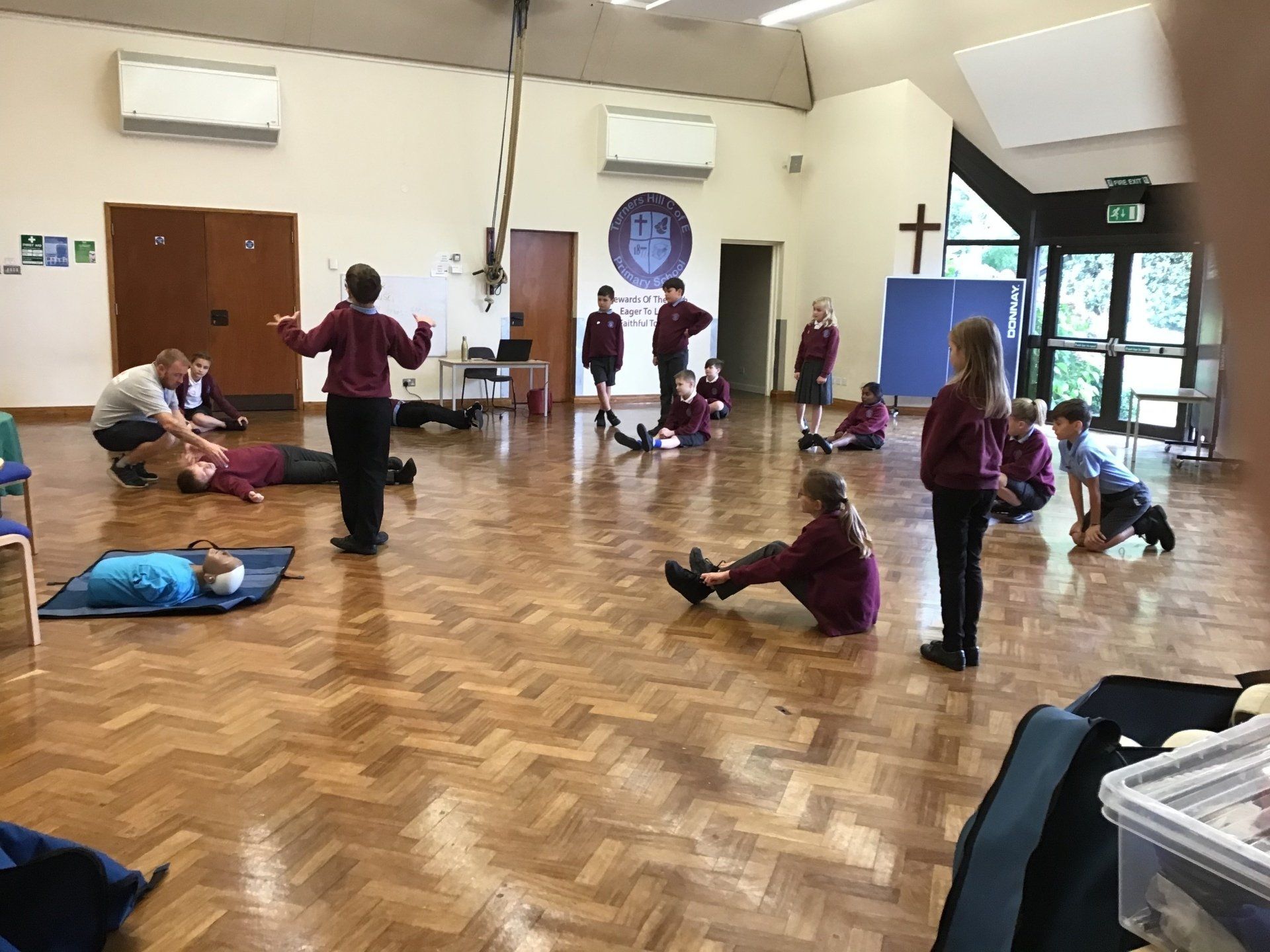
Slide title
PSHE and RSHE
Button
Slide title
PSHE and RSHE
Button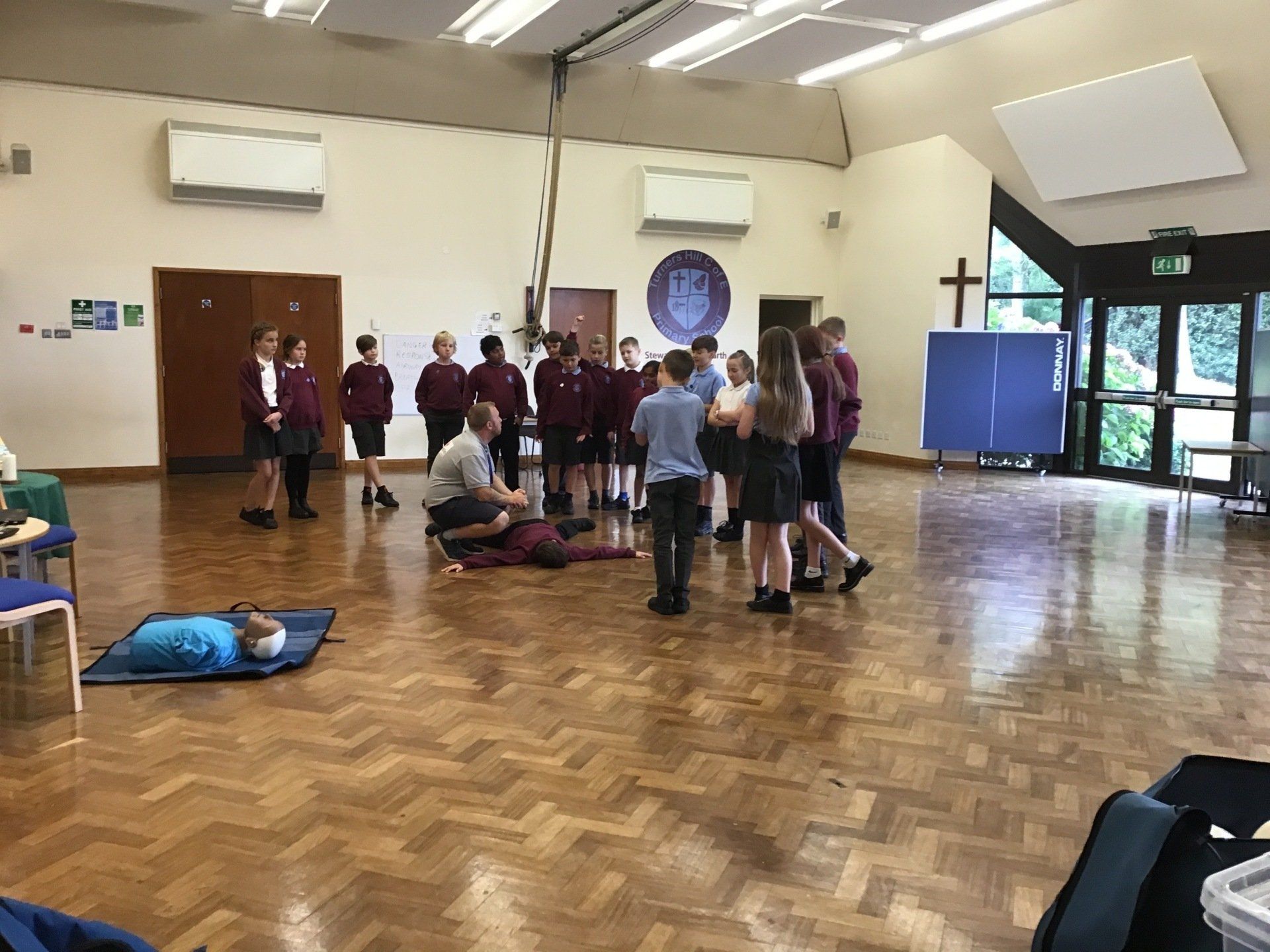
Slide title
PSHE and RSHE
Button
At Turners Hill CofE Primary School, through our ethos of ‘Stewards of the Earth, Eager to Learn, Faithful to God’, we aim to develop the whole child to prepare them for the future. Through the teaching of PSHE and RSHE, we hope to help children to grow up to be healthy, happy, safe and able to manage the challenges and opportunities of modern Britain.
We believe in modelling key skills of sharing, turn taking whilst caring about and respecting others. At Turners Hill, the children have many opportunities to show they can take responsibility for themselves and their environment. Each class has a class responsibility:
- Maple class: Litter Picking
- Cherry class: Bee Keepers
- Birch class: Forest Schools
- Holly class: Better Energy Awards
- Willow class:
At Turners Hill, we use JIGSAW to help us plan and teach a robust PSHE curriculum which will equip children with an age appropriate understanding of topics stretching from Nursery to Year 6. Our RSHE curriculum uses CofE Church approved resources called ‘Goodness and Mercy’.
Jigsaw, the mindful approach to PSHE, is a progressive and spiral scheme of learning. In planning the lessons, Jigsaw PSHE ensures that learning from previous years is revisited and extended, adding new concepts, knowledge and skills, year on year as appropriate. The linked progression map, draws out the spiral knowledge and skills progression within all six Puzzles (units of work) including the key vocabulary used in each year group; explicit links to the DfE statutory Relationships and Health Education outcomes have been made in each Puzzle.
Jigsaw holds children at its heart, and its cohesive vision helps children understand and value how they fit into and contribute to the world. With strong emphasis on emotional literacy, building resilience and nurturing mental and physical health, Jigsaw 3-11 properly equips schools to deliver engaging and relevant PSHE within a whole-school approach. Jigsaw lessons also include mindfulness allowing children to advance their emotional awareness, concentration, focus and self-regulation.
Jigsaw 3-11 offers a comprehensive programme for Primary PSHE, including statutory Relationships and Health Education, in a spiral, progressive and fully planned scheme of work, giving children relevant learning experiences to help them navigate their world and to develop positive relationships with themselves and others.
In statutory RSHE children will learn:
- To accept and respect diversity and equality among others and foster a positive approach to differences.
- The characteristics of healthy family life and that other people’s families sometimes look different from theirs. (Families can include for example, single parent families, LGBT parents, families headed by grandparents, adoptive parents, foster parents and carers amongst other structures).
- What makes a healthy relationship, and how to build strong, respectful relationships with others in their life, e.g. family, friends, colleague etc.
- To recognise if relationships are making them feel unhappy and unsafe, and how to seek help if needed.
- The principles for keeping safe online.
In statutory Health Education, children will learn:
- The characteristics of good physical health and mental wellbeing.
- How to make good decisions about their own health and wellbeing.
- To recognise issues in themselves and others, and to seek support as early as possible when issues arise.
- The changing adolescent body (taught in Year 5).
- Digital detox and the risks of excessive use of electronic devices.
- How to stay safe online and equipped to manage common difficulties encountered online.
Downloads
-
RSE and Health Education DfE Guidance Write a description for this list item and include information that will interest site visitors. For example, you may want to describe a team member's experience, what makes a product special, or a unique service that you offer.
RSE and Health Education DfE Guidance List Item 1 -
PSHE Progression Map Write a description for this list item and include information that will interest site visitors. For example, you may want to describe a team member's experience, what makes a product special, or a unique service that you offer.
PSHE Progression Map -
CofE RSHE Principles and Charter Write a description for this list item and include information that will interest site visitors. For example, you may want to describe a team member's experience, what makes a product special, or a unique service that you offer.
CofE RSHE Principles and Charter -
Parent consultation letter Write a description for this list item and include information that will interest site visitors. For example, you may want to describe a team member's experience, what makes a product special, or a unique service that you offer.
Parent consultation letter -
Relationships and Sex Education Response CofE Church Write a description for this list item and include information that will interest site visitors. For example, you may want to describe a team member's experience, what makes a product special, or a unique service that you offer.
Relationships and Sex Education Response CofE Church -
Relationships and Sex Education Parent Consultation Write a description for this list item and include information that will interest site visitors. For example, you may want to describe a team member's experience, what makes a product special, or a unique service that you offer.
Relationships and Sex Education Parent Consultation
Contact Info
01342 715412
office@turnershillschool.org.uk
Church Road, Turners Hill Crawley RH10 4PA United Kingdom
Term Dates
-
Autumn Term 2023Item Link List Item 1
Starts: Monday 4th September
Half term: Monday 23rd October - Friday 27th October
Ends: Friday 15th December
Inset days: Monday 1st September
-
Spring Term 2024Item Link List Item 2
Starts: Tuesday 2nd January
Half term: Monday 12th February - Friday 16th February
Ends: Thursday 28th March
-
Summer Term 2024Item Link
Starts: Monday 15th April
Half term: Monday 27th - Friday 31st May(including Bank Holiday)
Ends: Thuuesday 23rd July
INSET Days: Monday 3rd June, Friday 28th June, Monday 22nd July, Tuesday 23rd July
Turners Hill CofE School is committed to safeguarding and promoting the welfare of children and young people and expects all staff and volunteers to share this commitment.
